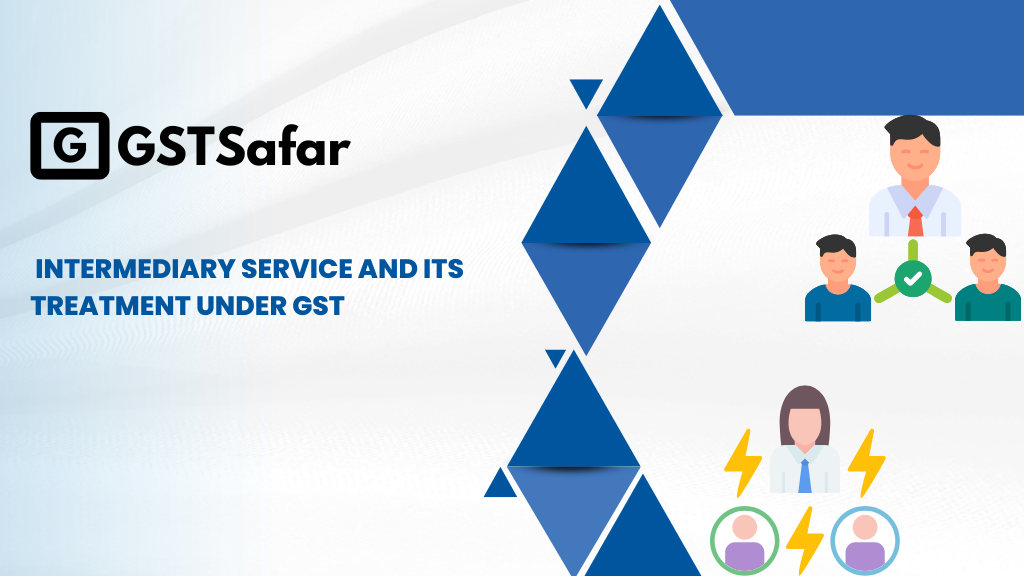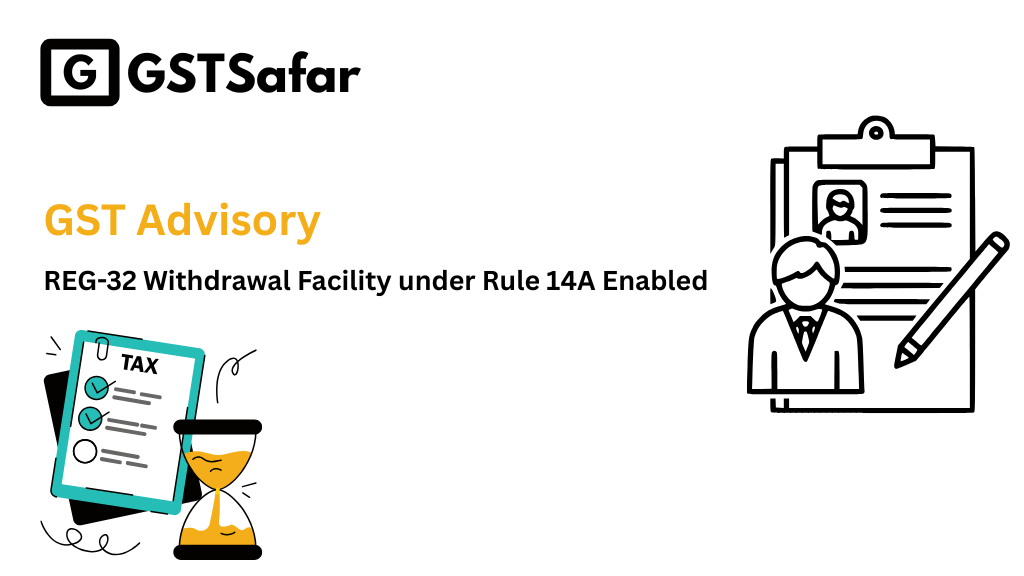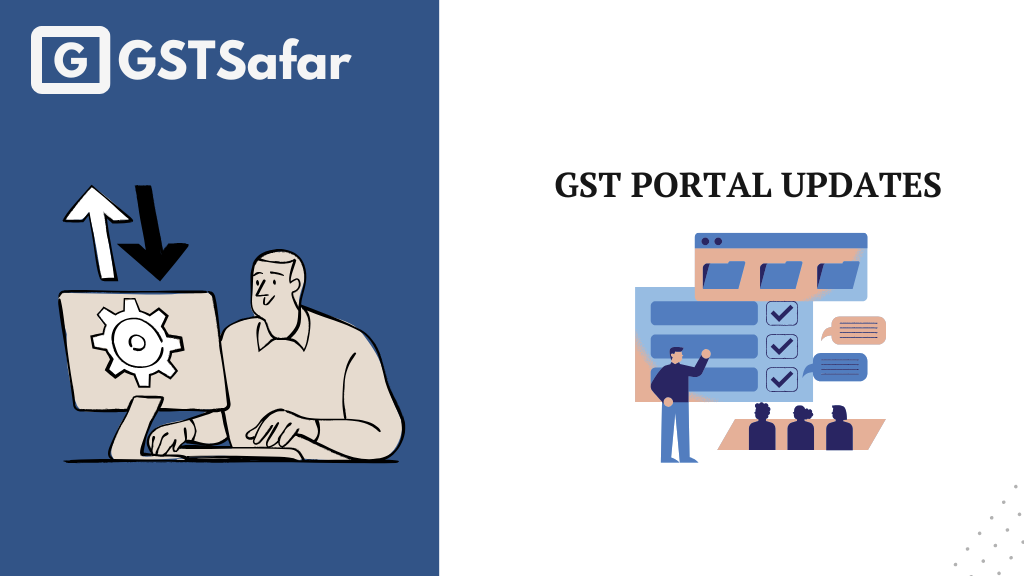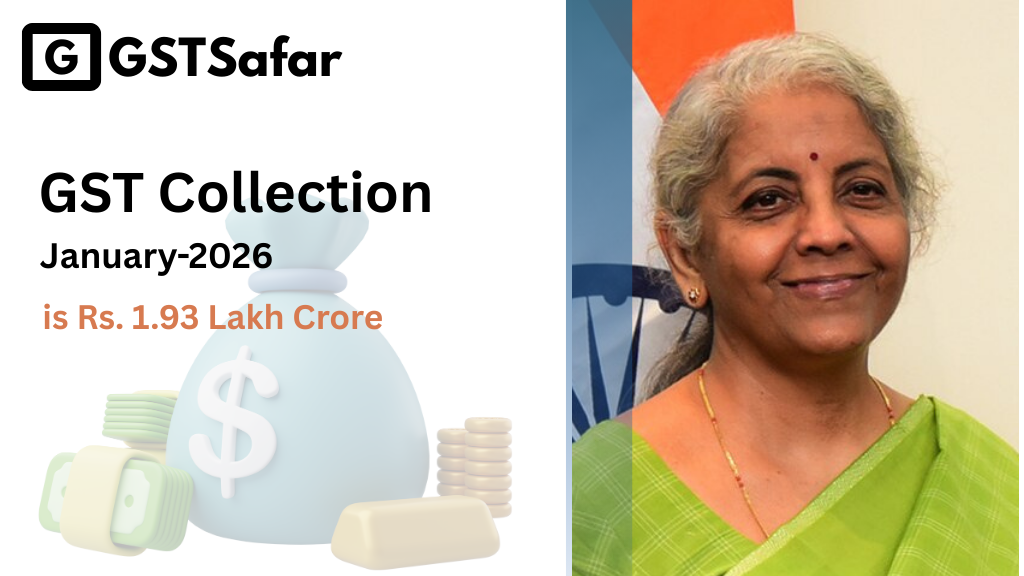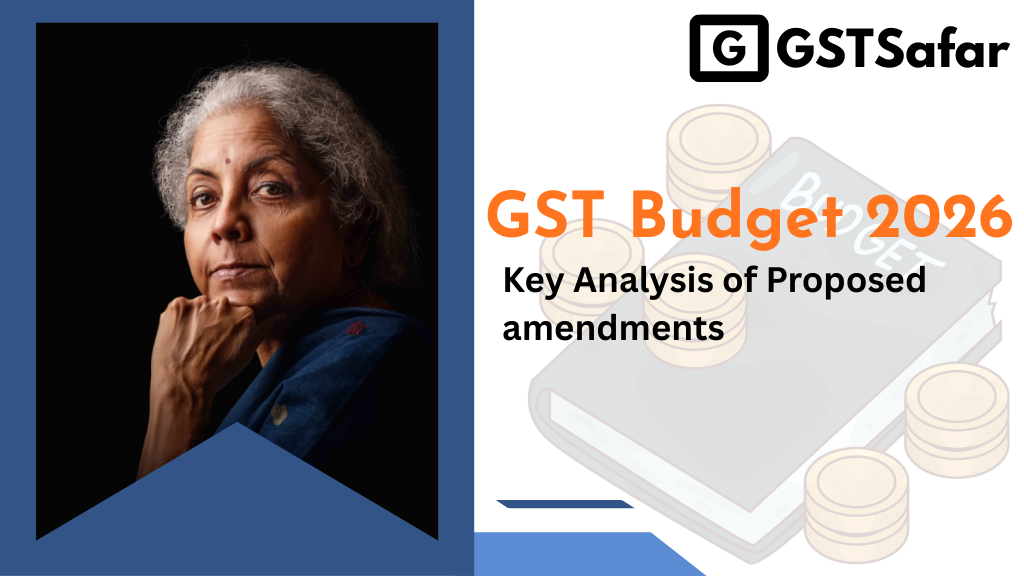Objective of this Article
The Objective of this article is to clarify the concept of Intermediary services , and its definitions and implications under GST,addressing the common ambiguities that business and tax professional faces. This includes explaining the crieteria for determining intermediary services, outlining the tax implications. By providing detailed insights and illustrative examples, the article aims to empower the readers with clear understanding to ensure accurate GST compliance and reduce potential disputes.
Overview of Intermdiary service
From a commercial perspective, an intermediary service is broadly concerned with performing of tasks like customer service, marketing service, back-end support etc..The importance of an intermediary is significant in the international business market to build business relations with customer. When a person is held as intermediary or his services as intermediary services, even when such services are provided to a person outside India, they are determined as provided or supplied in India and hence not considered as exported. Resultantly, not only their claim of refund of input tax credit is questioned but considering the services liable for tax, demand for GST against such service suppliers could be made. In the scenario, it is imperative and interesting to decipher the said term by studying and discussing the term under GST.

What is Intermediary ?
The Concept of Intermediary was borrowed in GST from the Service Tax Regime. The Definition of Intermediary in the service Tax law in Rule 2(f) of Place of Provision of services Rule,2012 issued vide notification No 28/2012-ST dated 20-06-2012 was as follows:
Intermediary means broker, an agent or any other person, by whatever name called, who arranges or facilitates a provision of a service (called Main service) or a supply of goods, between two or more persons, but does not include a person who provides the main service or supplies the goods on his account.
In order to determine whether a person is an intermediary or not certain factors have to be considered.
- The Intermediary shall not alter the nature or value of the service, the supply of which he facilitates on behalf of his principal except with prior permission from principal.
- The value of an intermediary ‘s service shall invariably identifiable from the value of main supply of service.
- The service provided by the intermediary on behalf of the principal shall be clearly identifiable.
Intermediary under GST Act,2017:
As per section 2(13) of IGST Act,2017 Intermediary means a broker, an agent or any other person, by whatever name called who arranges or facilitates the supply of goods or services or both, or securities, between two or more persons, but does not include a person who supplies such goods or services or both or securities on his own account.
The definition of Intermediary service and the determination of Place of supply has been carried over from service tax in india. The definition of Intermediary service provided under IGST Act is substantially and conceptually the same as provided under the service tax in india. The Place of supply for intermediary service is considered to be the location of the supplier of service, just like it was under the previous service tax system. Additionally, if an intermediary helps facilitates the supply of goods or services between two parties , and both the supplier and recipient are located outside india’s taxable territory, GST will not be charged on such services. This exemption ensures that GST is not levied on international transactions handled by intermediaries operating from india.
The Nature and scope of the intemediary service is highly litigated issue in india which necessitates scrutiny.The intermediary services clearly indicates that the nature of service provider should be an agent or broker or any other person by whatever name called. So there must be relationship of agent and principal between the service provider and service recipient.
As per Dictionery meaning Broker means Agent who acts as an intermediary or negotiator especially between prospective buyers and sellers.
As per CGST Act the term Agent means a person, including a factor, broker, commission agent, arhatia, del credere agent, an auctioneer or any other mercantile agent by whatever name called , who carries on the business of supply or receipt of goods or services or both on behalf of another.
The Common requirement for considering a person as broker or agent is that he must work on behalf of some other person in dealing of such other person with third parties.
Generally an Intermediary is a person who arranges or facilitates a supply of goids or a provision of service or both, between two persons , without material alteration or further processing. Thus, an intermediary is involved with two suppliers at any one time:
(i) the supply between the principal and the third party and
(ii) the supply of his own service (agency service) to his principal, for which a fee or commission is usally charged.
For the purpose of this rule, an intermediary in respect of goods (such as a commission agent i.e a buying agent or selling agent or stock broker is excluded by definition. Also excluded from this sub-rule is a person who arranges or facilitates a provision of a service (referred to in the rules as the main service) but provides the main service on his own account.
Intermediary is a person who is appointed by principal and is authorized to act on his behalf. This implies that if the relationship between the parties is on principal to principal basis and not principal to agent then there can not be any intermediary, In addition, a person can not be an intermediary if he provides the main service on his own account even when he performs the same agency activities.

Primary Requirements for Intermediary Services:
Circular No.159/15/2021 issued on 20-09-2021 provides that the Concept of Intermediary services as discussed above requires some basic Pre-requisites, which discussed below:
- Minimum of Three Parties: By definition, an intermediary is someone who arranges or facilitates the supplies of goods or services or securities between two or more persons. It is thus a natural corollary that the arrangement requires a minimum of three parties, two of them transacting in the supply of goods or services or securities (the main supply) and one arranging or facilitating (the ancillary supply) the said main supply. An activity between only two parties can, therefore, NOT be considered as an intermediary service. An intermediary essentially “arranges or facilitates” another supply (the “main supply”) between two or more other persons and, does not himself provide the main supply.
- Two distinct supplies: As discussed above, there are two distinct supplies in case of provision of intermediary services: (1) Main supply, between the two principals, which can be a supply of goods or services or securities; (2) Ancillary supply, which is the service of facilitating or arranging the main supply between the two principals. This ancillary supply is supply of intermediary service and is clearly identifiable and distinguished from the main supply. A person involved in supply of main supply on principal to principal basis to another person cannot be considered as supplier of intermediary service.
- Intermediary service provider to have the character of an agent, broker or any other similar person: The definition of “intermediary” itself provides that intermediary service provider means a broker, an agent or any other person, by whatever name called….”. This part of the definition is not inclusive but uses the expression “means” and does not expand the definition by any known expression of expansion such as “and includes”. The use of the expression “arranges or facilitates” in the definition of “intermediary” suggests a subsidiary role for the intermediary. It must arrange or facilitate some other supply, which is the main supply, and does not himself provides the main supply. Thus, the role of intermediary is only supportive.
- Does not include a person who supplies such goods or services or both or securities on his own account:The definition of intermediary services specifically mentions that intermediary “does not include a person who supplies such goods or services or both or securities on his own account”. Use of word “such” in the definition with reference to supply of goods or services refers to the main supply of goods or services or both, or securities,
between two or more persons, which are arranged or facilitated by the intermediary. It implies that in cases wherein the person supplies the main supply, either fully or partly, on principal to principal basis, the said supply cannot be covered under the scope of “intermediary”. - Sub-contracting for a service is not an intermediary service: An important exclusion from intermediary is sub-contracting. The supplier of main service may decide to outsource the supply of the main service, either fully or partly, to one or more sub-contractors. Such sub-contractor provides the main supply, either fully or a part thereof, and does not merely arrange or facilitate the main supply between the principal supplier and his customers, and therefore, clearly is not an intermediary.
For instance, ‘A’ and ‘B’ have entered into a contract as per which ‘A’ needs to provide a service of, say, Annual Maintenance of tools and machinery to ‘B’. ‘A’ subcontracts a part or whole of it to ‘C’. Accordingly, ‘C’ provides the service of annual maintenance to ‘A’ as part of such sub-contract, by providing annual maintenance of tools and machinery to the customer of ‘A’, i.e. to ‘B’ on behalf of ‘A’. Though ‘C’ is dealing with the customer of ‘A’, but ‘C’ is providing main supply of Annual Maintenance Service to ‘A’ on his own account, i.e. on principal to principal basis. In this case, ‘A’ is providing supply of Annual Maintenance Service to ‘B’, whereas ‘C’ is supplying the same service to ‘A’. Thus, supply of service by ‘C’ in this case will not be considered as an intermediary.

Lets Understand above situation with help of following Illustration:
Example: 1 ‘A’ is a manufacturer and supplier of a machine. ‘C’ helps ‘A’ in selling the machine by identifying client ‘B’ who wants to purchase this machine and helps in finalizing the contract of supply of machine by ‘A’ to ‘B’. ‘C’ charges ‘A’ for his services of locating ‘B’ and helping in finalizing the sale of machine between ‘A’ and ‘B’, for which ‘C’ invoices ‘A’ and is paid by ‘A’ for the same. While ‘A’ and ‘B’ are involved in the main supply of the machinery, ‘C’,
is facilitating the supply of machine between ‘A’ and ‘B’. In this arrangement, ‘C’ is providing the ancillary supply of arranging or facilitating the ‘main supply’ of machinery between ‘A’ and ‘B’ and therefore, ‘C’ is an intermediary and is providing intermediary service to ‘A’.
Example: 2 ‘A’ is a software company which develops software for the clients as per their requirement. ‘A’ has a contract with ‘B’ for providing some customized software for its business operations. ‘A’ outsources the task of design and development of a particular module of the software to ‘C’, for which “C’ may have to interact with ‘B’, to know their specific requirements. In this case, ‘C’ is providing main supply of service of design and development of software to ‘A’, and thus, ‘C’ is not an intermediary in this case.
Example: 3 An insurance company ‘P’, located outside India, requires to process insurance claims of its clients in respect of the insurance service being provided by ‘P’ to the clients. For processing insurance claims, ‘P’ decides to outsource this work to some other firm. For this purpose, he approaches ‘Q’, located in India, for arranging insurance claims processing service from other service providers in India. ‘Q’ contacts ‘R’, who is in business of providing such insurance claims processing service, and arranges supply of insurance claims processing service by ‘R’ to ‘P’. ‘Q’ charges P a commission or service charge of 1% of the contract value of insurance claims processing service provided by ‘R’ to ‘P’. In such a case, main supply of insurance claims processing service is between ‘P’ and ‘R’, while ‘Q’ is merely arranging or facilitating the supply of services between ‘P’ and ‘R’, and not himself providing the main supply of services. Accordingly, in this case, ‘Q’ acts as an intermediary as per definition of sub-section (13) of section 2 of the IGST Act.
Example 4 ‘A’ is a manufacturer and supplier of computers based in USA and supplies its goods all over the world. As a part of this supply, ‘A’ is also required to provide customer care service to its customers to address their queries and complains related to the said supply of computers. ‘A’ decides to outsource the task of providing customer care services to a BPO firm, ‘B’. ‘B’ provides customer care service to ‘A’ by interacting with the customers of ‘A’ and addressing / processing their queries / complains. ’B’ charges ‘A’ for this service. ‘B’ is involved in supply of main service ‘customer care service’ to ‘A’, and therefore, ’’B’ is not an intermediary.
The illustrations given in para 4 above are only indicative and not exhaustive. The illustrations are also generic in nature and should not be interpreted to mean that the service categories mentioned therein are inherently either intermediary services or otherwise. Whether or not, a specific service would fall under intermediary services within the meaning of sub-section (13) of section 2 of the IGST Act, would depend upon the facts of the specific case. While examining the facts of the case and the terms of contract, the basic characteristics of intermediary services, as discussed in para 3 above, should be kept in consideration.
Download – Circular No 159/14/2021

Let’s refer to Some Important Case laws:
There have several writs filed before the High Courts challenging the action of the department regarding Intermediary servicies.In the most of litigation concerning intermediary services, the authority seek to classify export of services as intermediary and thereby deny export related benefits to the assessee.
Principal to Principal basis can not be treated as Intermediary service
In the Case of Genpact India Pvt Limited Vs Union Of India, No. CWP-6048-2021, Dated 11-11-2022,the assessee had entered in to agreement with its foreign overseas entity under which it provided technical IT support, developing , licensing and maintaining software etc for the customers of overseas entity. The department sought to classify the service of assessee as intermediary services and reject the refund sought under the export of services.
The High Court held that the service to qualify as intermediary the following conditions required to be met:
(i) There must be Principal -agent relationship
(ii) The person must be involved in arrangement or facilitation of provisions of the services provided to the principal by 3rd party.
(iii) The person must not be involved in actual performance of main service intended to be received by the service recipient.
In Genpact ‘s case the above conditions were not satisfied as service was provided on a principal to principal basis. Therefore, Genpact could not be classified as intermediary service provider.
Further, in the case of Blackberry India Pvt Ltd it was held that in absence of any arrangement or facilitation of services, the service provider could not be classified as intermediary service provider. Similarly, the Delhi High Court has also held that the assessee can not be covered under intermediary service since it was providing on its own account and was not facilitating provisionof goods or services between two person.
Marketing /Support services can not be treated as Intermediary service
In the case of CSG System International India Pvt Limited Vs Commissioner of Central Tax Bengaluru South Commissionerate – Service Tax appeal No 20186 of 2020, Final order No 20092/2021, Dated 29-03-2021. it was held that Marketing support service provided on Principal to Principal basis to group comapnies can not be classified as intermediary services. The tribunal observed that sales marketing and support services provided to group companies qualified as export of services as they were rendered on Principal to Principal basis without any Principal-agent relationship.
Sales promotion service not intermediary service
In the case of Chevron Phillips Chemical India Pvt Limited Vs Commissioner of CGST and Central Excise Mumbai East 2019, Service Tax appeal No 88913 of 2018, Order No A/87373-87378/2019, Dated 20-12-2019, Observed that appellants are appointed by their overseas counterpart CPC global for sales promotion of the goods for their client in the defined territory. The appellent has no role in fixation of price not they negotiate in any manner between CPC global and their client relating to sales promotion of the goods sold. Hence in this case appellent can not be called as intermediary as it is fall outside the ambit of Intermediary.
Conclusion
The Person should have clear understanding of the term Intermediary services to determined its applicability. Services which are provided principal to principal base, do not fall under the Scope of Intermediary services. one has to clearly identified the service and provide the tax treatment accordingly.The Decision of Bombay High Court in case of Dharmendra M Jani VS UOI highlights the Complexities in the taxation of Intermediary services provide outside india. while the court did not specify the exact type of tax to be levied on intermediary services.Currently,Intermediary services are taxed under IGST Act, but they are also subjected to SGST and CGST. Notably, Section 13(8)(b) of the provision creates an exception for these services, as non exports, even when consumed outside india leads to ambiguities.There is further clarification and amendment are required about the tax that would apply to such services where both the provider and the recipients are located in the same state.
